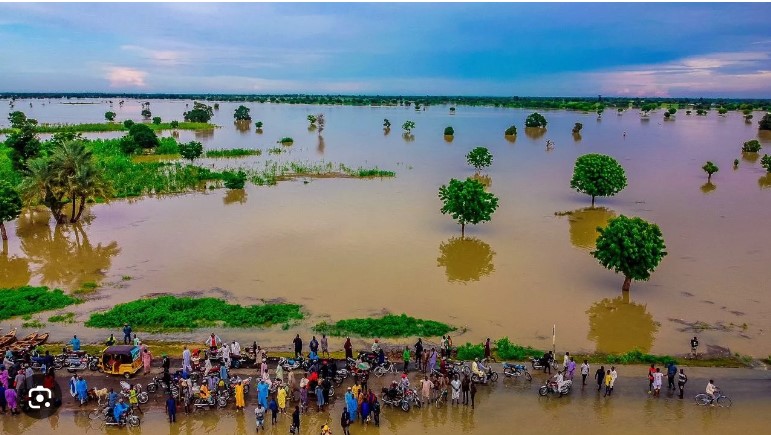In a significant step towards safeguarding its vulnerable coastal regions and ensuring a sustainable future, the Federal Government of Nigeria has called for urgent and decisive action to address the pressing challenges posed by climate change.
Made in Abuja by the coordinating Minister of Water Resources and Sanitation, Professor Joseph Utsev, during the National Workshop on State Action Plan on Climate Change; the critical impact of climate change on food security, water availability, hygiene and sanitation (WASH) services the nation was stressed.
Utsev emphasized the need for focused attention on cities like Lagos and coastal areas. He said these regions face escalating risks from rising sea levels, flooding, and waterborne diseases, posing threats to the overall well-being of their inhabitants.
Nigeria, Africa’s largest economy currently grapples with the highest rate of deforestation globally, losing 3.7% of her forests each year.
A United Nation (UN) report further reveals that drought, reduced rainfall and increasing air temperatures are affecting the country’s hydropower systems, hindering agricultural production, and jeopardizing food security and public health.
The national workshop also served as a platform for stakeholders from the government, private sector, and foreign donor partners to collaborate on developing actionable solutions to combat climate change.
Utsev also stressed the urgent need for a front, stating: “The signs of climate change are becoming more distinct, and the time for climate action is now.”
UNICEF Chief of WASH, Dr. Jane Bevan, shared a cautious optimism, acknowledging Nigeria’s ranking as the second-highest climate risk country in 2024.
Stressing the importance of readiness and disaster risk prevention mechanisms, Bevan expressed confidence that a well-articulated action plan could help Nigeria secure external funding to mitigate the challenges posed by climate change.
Participants comprising government officials, UN agencies’ representatives and journalists unanimously agreed on the necessity of embracing environmentally friendly practices, such as tree-planting and clearing blocked drainage channels.
They also emphasized the importance of drafting a comprehensive national action plan, fostering collaboration among all stakeholders and ensuring Nigeria’s access to foreign support in the ongoing battle against climate change.





